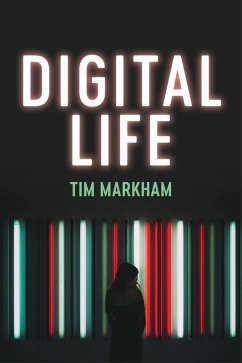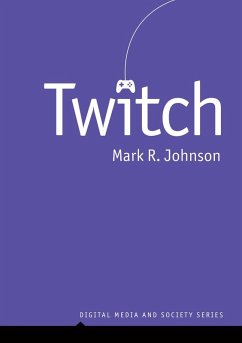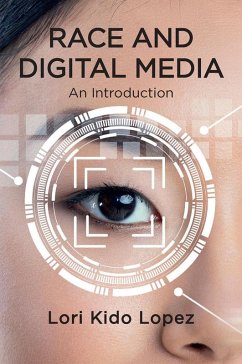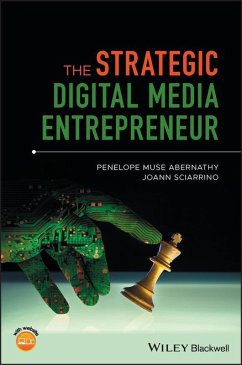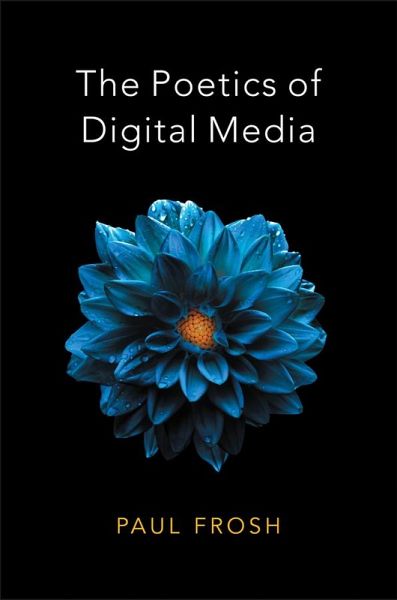
The Poetics of Digital Media (eBook, ePUB)
Versandkostenfrei!
Sofort per Download lieferbar
17,99 €
inkl. MwSt.
Weitere Ausgaben:

PAYBACK Punkte
0 °P sammeln!
Media are poetic forces. They produce and reveal worlds, representing them to our senses and connecting them to our lives. While the poetic powers of media are perceptual, symbolic, social and technical, they are also profoundly moral and existential. They matter for how we reflect upon and act in a shared, everyday world of finite human existence. The Poetics of Digital Media explores the poetic work of media in digital culture. Developing an argument through close readings of overlooked or denigrated media objects screenshots, tagging, selfies and more the book reveals how media shape the ta...
Media are poetic forces. They produce and reveal worlds, representing them to our senses and connecting them to our lives. While the poetic powers of media are perceptual, symbolic, social and technical, they are also profoundly moral and existential. They matter for how we reflect upon and act in a shared, everyday world of finite human existence. The Poetics of Digital Media explores the poetic work of media in digital culture. Developing an argument through close readings of overlooked or denigrated media objects screenshots, tagging, selfies and more the book reveals how media shape the taken-for-granted structures of our lives, and how they disclose our world through sudden moments of visibility and tangibility. Bringing us face to face with the conditions of our existence, it investigates how the given world we inhabit is given through media. This book is important reading for students and scholars of media theory, philosophy of media, visual culture and media aesthetics.
Dieser Download kann aus rechtlichen Gründen nur mit Rechnungsadresse in A, B, BG, CY, CZ, D, DK, EW, E, FIN, F, GR, HR, H, IRL, I, LT, L, LR, M, NL, PL, P, R, S, SLO, SK ausgeliefert werden.




